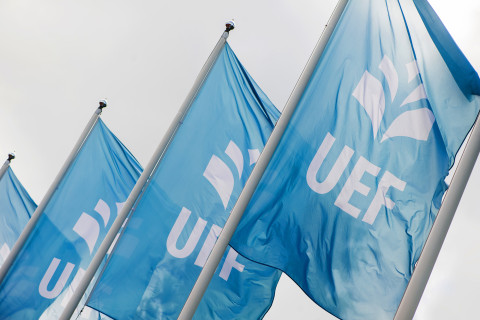The edible long-horn grasshopper, Ruspolia differens, is one of the most valuable edible insect species in East Africa. The current use is based on wild-harvesting, while mass rearing technologies are currently being developed. But for the success of such technologies, there is a need for affordable and reliable feeds that guarantee appropriate nutritional status of such insects to humans. This PhD thesis investigated the influence of diet, both natural and artificial on the fatty acid content and composition of the edible long-horn grasshoppers, with emphasis on the essential fatty acids. The results show that the fatty acid content and composition was influenced by the diets, and the levels of essential fatty acids (needed by humans), increase with diet diversification. The thesis provide insights on how diet diversification may be designed to benefit mass rearing efforts as well as inclusion of omega-3 rich feeds that could produce long horn grasshoppers with desirable omega- 6 to omega- 3 fatty acid ratios that promote good health in humans.
The doctoral dissertation of MSc Karlmax Rutaro, entitled Fatty acid profiles of the edible katydid, Ruspolia differens (Serville) (Orthoptera: Tettigoniidae) after feeding on diversified diets will be examined on the 18th of June online. The opponent in the public examination will be Dr John Kinyuru of Jomo Kenyatta University of Agriculture and Technology, Kenya, and the custos will be Professor Heikki Roininen of the University of Eastern Finland.
Photo available for download at https://mediabank.uef.fi/A/UEF+Media+Bank/36327?encoding=UTF-8
